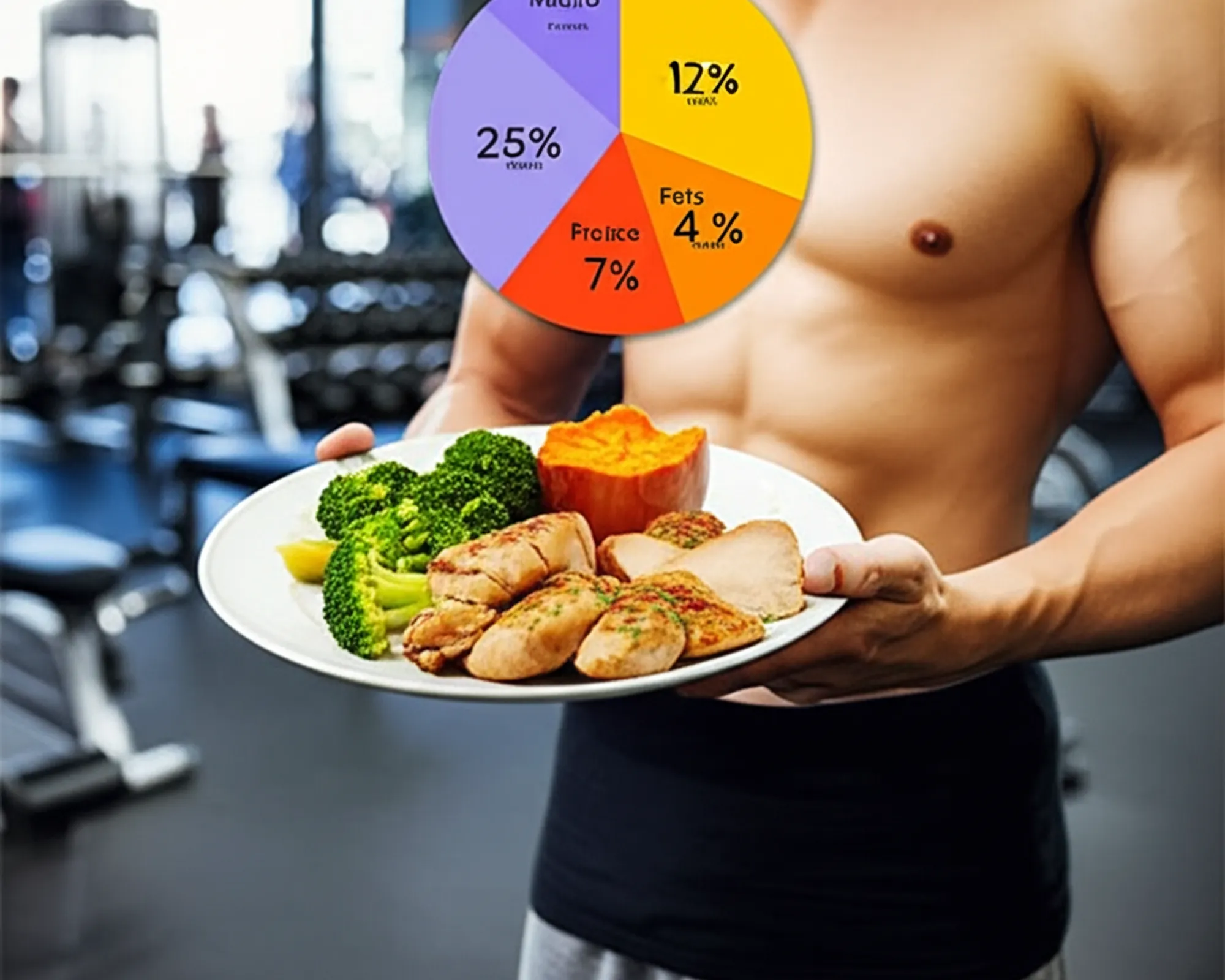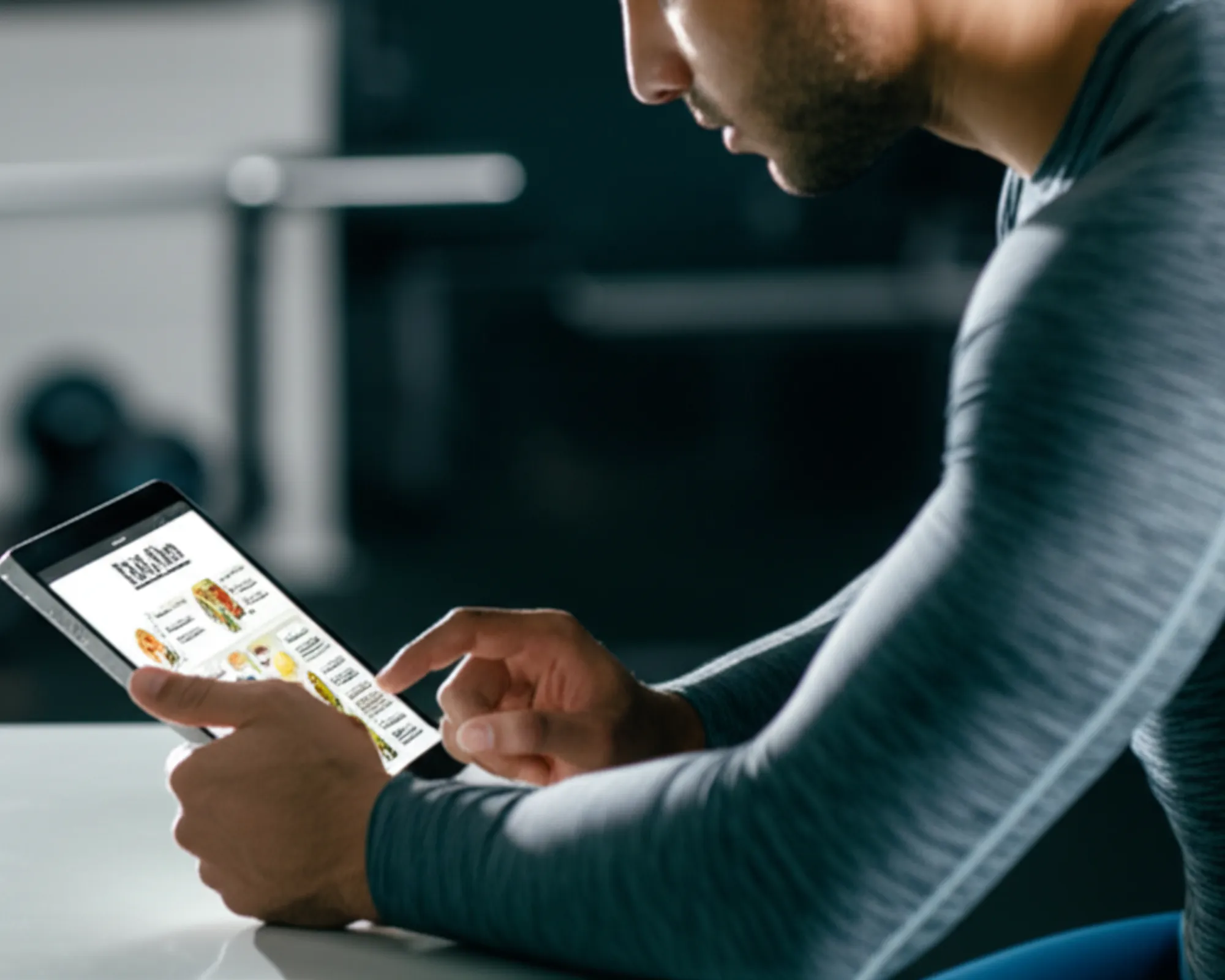Best Hydration Tips for Gym Performance

In the relentless pursuit of fitness and strength, often, the simplest yet most crucial element gets overlooked: hydration. It's not just about quenching your thirst; it's about optimizing every single function of your body, especially when pushing your limits in the gym. Proper hydration is the silent partner in your fitness journey, directly impacting your energy levels, endurance, strength, and even your mental focus.
The Undeniable Link Between Hydration and Performance
Your body is approximately 50-75% water, and this fluid is involved in virtually every physiological process. During exercise, your body loses water through sweat, a natural cooling mechanism. If this fluid isn't replenished, dehydration sets in, leading to a cascade of negative effects on your performance. Even a 2% loss of body weight due to fluid deficit can significantly impair exercise capacity, leading to:
- Reduced endurance and strength
- Decreased power output
- Increased fatigue and perceived effort
- Muscle cramps and dizziness
- Impaired thermoregulation, increasing risk of heat exhaustion
- Reduced mental clarity and coordination
Pre-Workout: Prime Your Body
Hydration isn't something you start minutes before your workout. It's an all-day, every-day commitment. Begin your hydration strategy hours before you hit the gym. Aim to drink plenty of water throughout the day, ensuring your urine is a pale yellow color, indicating good hydration levels. About 2-3 hours before your workout, consume 500-600ml (17-20 ounces) of water or a sports drink.
Consider adding a pinch of sea salt to your water or opting for an electrolyte-rich beverage if you're engaging in a particularly intense or long session, or if you're a heavy sweater. This pre-loading helps ensure your body has ample fluid reserves to draw upon.
During Workout: Sip Smart, Stay Strong
The golden rule for intra-workout hydration is to sip consistently rather than chug large amounts. Aim for 200-300ml (7-10 ounces) of fluid every 15-20 minutes, or more frequently if you're sweating heavily. The type of fluid depends on the duration and intensity of your exercise:
- For workouts under 60 minutes: Plain water is usually sufficient.
- For workouts over 60 minutes or high-intensity sessions: A sports drink containing carbohydrates (6-8%) and electrolytes (sodium, potassium) can be beneficial. The carbohydrates provide energy, while electrolytes help replace what's lost in sweat and maintain fluid balance.
Listen to your body. Thirst is a late indicator of dehydration, so don't wait until you're parched to drink.
Post-Workout: Rehydrate and Recover
The post-workout phase is crucial for recovery. Your body continues to lose fluids after exercise, and replenishing them helps with nutrient delivery to muscles, waste product removal, and overall recovery. Weighing yourself before and after a workout can give you an idea of your fluid loss (1 kg of weight lost roughly equals 1 liter of fluid). Aim to drink 1.25-1.5 liters of fluid for every 1 kg of weight lost during exercise within 2-4 hours post-workout.
Again, water is key, but incorporating electrolytes is vital, especially if you've had a particularly sweaty session. Foods rich in water and electrolytes, such as fruits (watermelon, oranges, bananas) and vegetables (cucumber, spinach), can also contribute significantly to your post-workout hydration and recovery.
Beyond Water: The Role of Hydrating Foods
While water is paramount, many foods contribute to your daily fluid intake. Incorporating water-rich fruits and vegetables not only provides fluids but also essential vitamins, minerals, and fiber. Examples include:
- Fruits: Watermelon, strawberries, grapefruit, oranges, cantaloupe, peaches.
- Vegetables: Cucumber, lettuce, celery, bell peppers, spinach, tomatoes.
These foods are a delicious and nutritious way to top up your hydration levels throughout the day.
Signs Your Body Needs More Water
Being aware of the signs of dehydration can help you proactively adjust your fluid intake:
- Dark yellow or amber urine
- Infrequent urination
- Dry mouth and sticky tongue
- Thirst (a primary indicator, but a late one)
- Fatigue or lethargy
- Headache
- Dizziness or lightheadedness
- Muscle cramps
Common Hydration Mistakes to Avoid
- Waiting until you're thirsty: By then, you're already mildly dehydrated.
- Ignoring urine color: It's your body's personal hydration meter.
- Over-relying on sugary drinks: Many sodas and juices are high in sugar and can contribute to energy crashes.
- Forgetting about electrolytes: Especially important for long or intense workouts.
- Not considering environmental factors: Hot and humid conditions increase fluid loss.
Personalizing Your Hydration Strategy
Everyone's hydration needs are unique. Factors like your sweat rate, exercise intensity and duration, body size, and environmental conditions (temperature, humidity) all play a role. Experiment to find what works best for you. Monitor your urine color, listen to your body's signals, and adjust your fluid intake accordingly.
In conclusion, treating hydration as a cornerstone of your fitness regimen will unlock new levels of performance and accelerate your recovery. It's a simple habit with profound benefits, empowering you to push harder, recover faster, and achieve your fitness goals more effectively. Make hydration a priority, and watch your gym performance soar.


